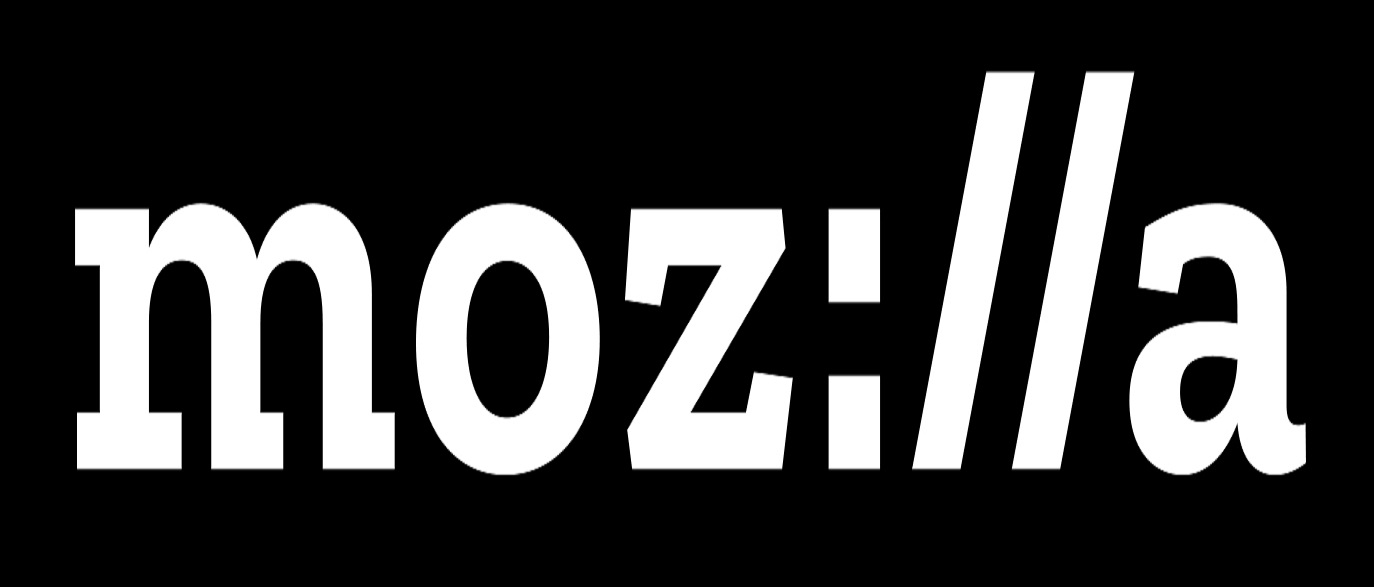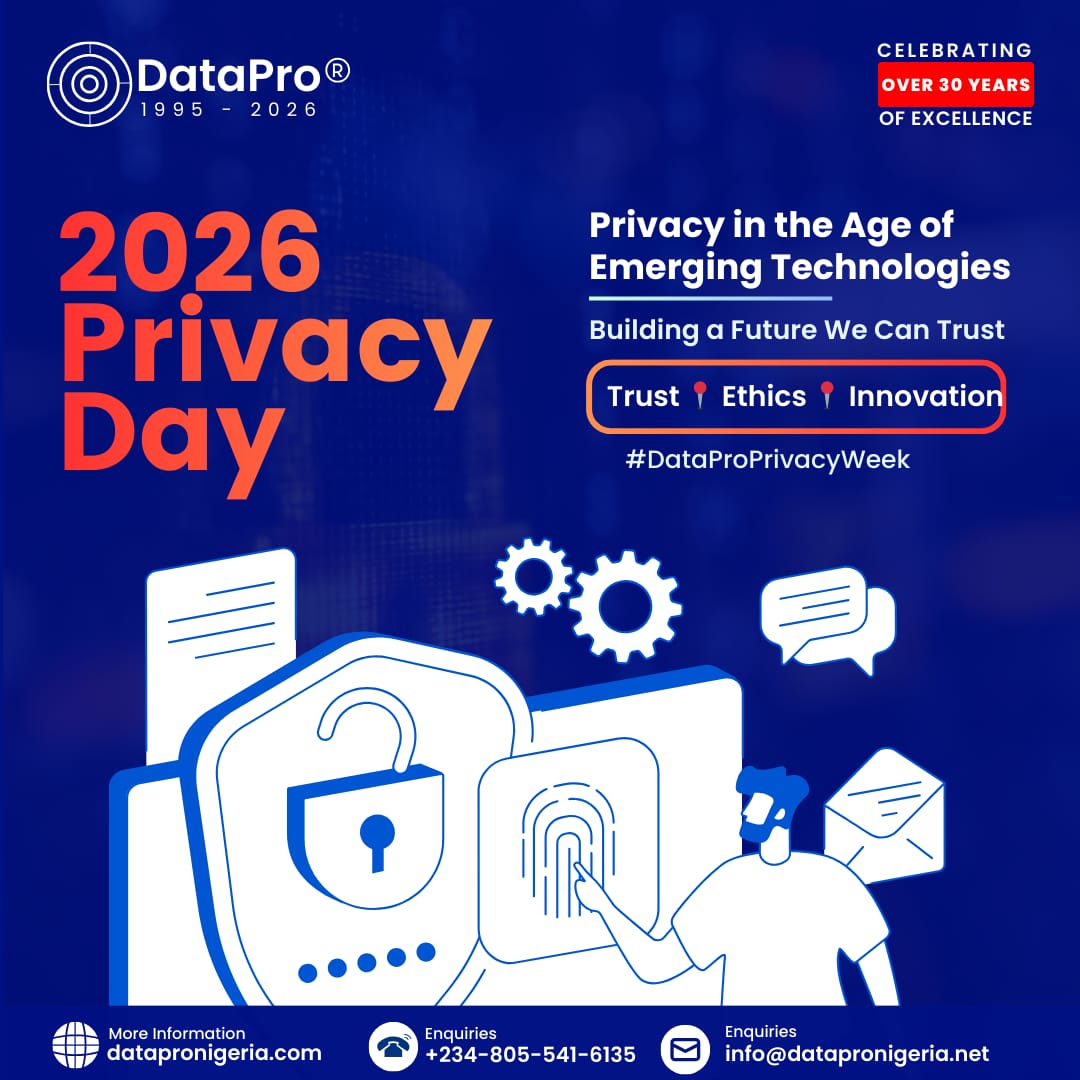Technology
Affordability Barrier to Internet Access in Nigeria—Research

By Dipo Olowookere
Compelling Mozilla-backed research, carried out by Research ICT Africa, finds that significant barriers to internet access remains in four African countries – Rwanda, Kenya, Nigeria and South Africa.
The research aims to understand, from a comparative perspective, how the citizens use the internet when data is subsidised and when it is not.
Knowing that affordability is one of the primary barriers to Internet access and particular optimal use, the main objective of the focus groups was to obtain qualitative information that reflects the perceptions of female and male Internet users, new users, and non-Internet users from urban and rural locations about how people use the Internet.
A 2016 International Telecommunications Union report estimates that only about 25 percent of the population of Africa has access to the internet.
It was discovered that in all the countries, across demographics, access to subsidised data did not result significantly in new users going online.
Also, use of subsidised data is just one of many strategies employed by users to manage costs in these four African countries.
Furthermore, uptake of zero rating varied across the four countries. Awareness was low and scepticism of free services was high in Nigeria, whereas in Rwanda bundles with unlimited WhatsApp and Facebook were very popular. In Kenya and South Africa, the zero-rated services were welcomed for their cost-reducing nature.
In addition, there was substantial interest and uptake in Equal Rating-compliant, partially subsidized data bundles that provide access to the entire internet not just some parts of it (e.g., Cell C’s offering of 250MB between 1 am and 7 am for R6 in South Africa or an MTN bundle in Rwanda for Rwf 800 (USD 0.96) that provide 24 hours unlimited data).
Likewise, poor network quality and coverage limited the consumption of subsidised data since some respondents, especially in rural areas of Kenya, Rwanda and South Africa, reported that telcos with those offerings did not have coverage in their area. Indeed, many of these users only have access via the most expensive operator in that country.
Equally, women face additional barriers to internet use, including concern of being exposed to inappropriate content online and its consequences in their intimate relationships and family responsibilities.
“Our research reveals that a significant urban-rural divide remains in opportunities to access the internet.” said Dr Alison Gillwald, Executive Director of Research ICT Africa. “Too often the debate over zero rating glosses over the fact that many people in rural communities don’t even have access to the best subsidized offerings and have to spend largely disproportionate amounts of their already low income on mobile access, and that’s assuming they can even find electricity to charge their devices.”
“Given all the controversy around zero rating, it’s surprising to see how few research respondents in these African countries actually use or depend on zero rated data. We are, however, seeing a lot of interest in Equal Rating compliant models which provide access to all of the internet, not just some parts of it,” said Jochai Ben-Avie, Senior Global Policy Manager at Mozilla. “More must be done to connect the unconnected. This research makes clear that it’s critical we all focus more on barriers like healthy competition outside urban areas, electricity, digital literacy, and gender power relations.”
Mozilla-backed research reveals affordability a barrier to internet access in Nigeria
Zero rated services are still relatively new to the Nigerian market, with Airtel launching Facebook’s Free Basics and Facebook Flex only last year. Awareness and use of zero rating remains low in Nigeria, a country which enjoys some of the cheapest data prices in Africa.
Results of the research showed that many rural users see the internet as their access to the civilized world and the gateway to the places around the globe where they have friends and family.
In addition, overall awareness and use of the internet has gained traction especially as social interactions, business or career enabler, and majority of participants, whether in rural or urban areas, rank the purchase of data high on their personal expense list.
Furthermore, there is a general belief that mobile network operators charge a hidden tariff, and whatever airtime is on the phone will be eventually deducted by the operator if one subscribes to a subsidized service.
Also, many non-users want to use a “big phone” (a smartphone) and would rather wait until they can afford one than use a more limited version of the internet.
Though the price of brand new smartphones keeps dropping and they can be bought for as low as $20, affordability challenges persist.
“Even in a country with some of the lowest rates for data and devices in Africa, the cost of buying a smartphone in Nigeria is still a challenge for many,” said Dr Alison Gillwald, Executive Director or Research ICT Africa. “Affordability gets disproportionate attention, but we need to do much more to improve digital literacy and supply side issues like network quality and speed.”
“This research demonstrates that Nigerians want access to all of the internet, not just some parts of it,” said Jochai Ben-Avie, Senior Global Policy Manager at Mozilla. “If we’re to bring all the internet to all people, we need to do more to improve digital literacy and understanding of the internet, especially among low-income individuals and those in rural and deep rural communities. At Mozilla we believe in equal rating for all internet users so that this shared global resource is not held hostage by the wealthy.”
Mozilla-backed research reveals Kenyans offline due to prohibitive costs and security fears
The Communications Authority of Kenya reports that some 38 million people – about 82 percent of the population – were online in 2016. The four mobile operators in the country have 4G internet connections on mobile but not in all parts of the country.
Researchers’ gathered that social media tops the list of uses for the internet and there is even a perception among some users that the internet is about social media just like the price of data bundles and internet-enabled phones render the cost of doing what most users want to do online prohibitive to many.
Also, strategic solutions for high costs include working late into the night before reward bundle periods expire, visiting friends who have Wi-Fi at home, and using multiple promotions from different operators, while even when people have smartphones, they do not always carry them for offline security reasons. In particular, there are concerns that, thieves may frequent areas with free public Wi-Fi in order to steal patrons’ internet enabled devices.
Furthermore, national network coverage was seen to be a challenge for both voice and data particularly in rural areas.
“While internet access is good in Kenya relative to elsewhere in Africa, real barriers remain to internet use,” said Research ICT Africa Executive Director Dr Alison Gillwald. “If we don’t look beyond access issues to the real concerns around privacy and security, for example, we’ll never bring all of the internet to all people.”
“One participant in this study reported concerns about getting skin cancer from their phone, proving there’s a lot more we still need to do to improve digital (and health) literacy,” said Mozilla Senior Global Policy Manager Jochai Ben-Avie. “At the same time, Kenyan internet penetration is on par with some of the most developed countries, and that’s due to the ingenuity of Kenyans to find ways to connect despite the relatively high cost of data.”
Mozilla-backed research reveals heavy use of subsidized data in Rwanda
Internet use and access in Rwanda has been exploding largely due to the Government of Rwanda’s Vision 2020 to enable Rwanda to leap-frog the key stages of industrialization and transform her agro-based economy into a service, information-rich and knowledge-based one that is globally competitive. While internet penetration is relatively high, the diversity of content accessed by participants in this study is relatively low. This is of concern.
Results of the research showed that most participants only use a very limited number of websites and services, and make heavy use of subsidized data.
While the use of subsidized data services allows mobile network operators to retain a large number of subscribers that use the internet, an Airtel representative was quoted as saying the company is considering ending their current zero rating offers because the majority of users that are benefiting from zero rated services are no longer using other services, and therefore are not spending on data.
It was also found out that the types of bundles and packs from the three MNOs keep changing almost every week due to tough competition going on, and some promotion offers – including zero rated services – are not even publicized on the website to prevent competitors access to the information.
In addition, the majority of participants with mid or high income when asked how they would react if subsidized data was no longer available, responded that they may reduce the time spent on the internet, while participants with low incomes responded that they may stop using the internet.
Significant access barriers remain, especially in remote areas, including the cost of data as well as illiteracy and lack of understanding of foreign languages to manipulate devices and understand internet content, the research discovered.
“Rwanda has been a real leader in bringing people online, including through innovative models like internet connected buses and other public Wi-Fi efforts,” said Dr Alison Gillwald, Executive Director or Research ICT Africa. “The limited number of sites and services Rwandans use points to the need for the government and other stakeholders to consider issues beyond access that leave many Rwandans accessing just a small part of the internet.”
“While it’s inspiring to see the boom in internet access in Rwanda, many Rwandans are still stuck in the walled gardens of subsidized services and haven’t experienced the full diversity of the open internet,” said Jochai Ben-Avie, Mozilla’s Senior Global Policy Manager. “Rwanda is a fascinating testbed of different experiments in connecting the unconnected and we hope the Government of Rwanda and other stakeholders will focus on solutions like Equal Rating that seek to bring all of the internet to all people.”
The research sees opportunity and a greater outlook in the future of internet use for these countries. Infrastructural issues still need to be addressed in rural areas, in particular to increase quality of service, which would allow users to choose any operator offering the cheapest product. The intensity of use could be enhanced through redirecting universal services funds directed at access, often by subsidising the already planned roll out of services, towards supporting the rollout of public Wi-Fi points at all public facilities such as schools, clinics, libraries and police stations.
Other factors limiting the digital participation of the poor and unskilled, particularly women, will require policy interventions than extend way beyond digital policy to the much greater challenges of human development. Without interventions to redress broader social and economic inequality in society more the entry of more sophisticated services and devices will amplify digital inequality.
Technology
DataPro Predicts Surge in Individual Claims, Constitutional Privacy Actions

By Dipo Olowookere
In 2026, there should be a surge in individual claims and constitutional privacy actions, a leading Data Protection Compliance Organisation (DPCO) in Nigeria, DataPro, has projected.
In a statement signed by its Head of Emerging Services, Ademikun Adeseyoju, the company noted that this means organisations must remain “litigation ready” by preserving processing records and strengthening internal controls.
In the disclosure to prepare for this year’s Privacy Week themed Privacy in the Age of Emerging Technologies: Trust, Ethics, and Innovation, it noted that 2026 would also be defined by board and executive ownership, as privacy will no longer be an IT-only concern but a standing governance issue requiring regular risk reports and dedicated budgets.
“DataPro anticipates intensity on sector-specific enforcement, with the NDPC (Nigeria Data Protection Commission) focusing on high-risk industries like fintech, healthcare, etc,” a part of the statement made available to Business Post on Wednesday said.
Giving a review of key milestones from the 2025 ecosystem, DataPro said the NDPC moved decisively into active enforcement, publicly naming non-compliant entities, particularly in the financial services sector.
It also said the year witnessed landmark court rulings, affirming that transparency in personal data handling is a constitutionally protected right, as courts awarded significant damages to data subjects for privacy breaches, signalling that organisational size no longer shields against accountability.
The firm noted that regulatory settlements with multinational technology firms have set a high bar for behavioural advertising and data processing standards in Nigeria.
In the cybersecurity landscape, the year under review experienced an unprecedented surge in cyber threats, as attackers shifted their focus from technical exploits to identity-driven campaigns, targeting valid credentials with high precision.
“This identity-centric threat environment has made robust access management a non-negotiable requirement for corporate resilience,” it stressed.
As for the 2026 Privacy Week, DataPro has lined up activities, with launch of the Privacy Pulse A year-in-review of Nigeria’s Data Protection Ecosystem on Thursday, January 29.
The next day, a webinar tagged Privacy Pulse to train attendees on the new mandatory bi-annual in-house audits and DPO certification requirements will hold and next Monday, there is an interactive quiz designed to test organizational response to identity-driven cyber campaigns.
A social media session answering complex privacy questions via concise 30-second videos is slated for Tuesday, February 3, and the next day, it is for a social media showcase where winners will be selected for their insights on building Trust, maintaining Ethics in AI, and fostering Innovation under the NDPA.
Technology
MTN Nigeria Suffers 9,218 Fibre Cuts in 2025

By Adedapo Adesanya
MTN Nigeria has revealed that it experienced 9,218 fibre cuts in 2025, causing widespread network disruptions across the country.
The telecommunications giant also reported that 211 sites were affected by theft and vandalism as of November 30, 2025, impacting essential services relied upon by customers daily.
The company recorded a total of 1,624,263 customer complaints, all of which were resolved across various service channels during the year. Despite these challenges, MTN reached 85 million subscribers by September 2025.
The chief executive of the telco, Mr Karl Toriola, made these revelations in his latest post on LinkedIn, acknowledging the company’s responsibility for network performance and its efforts to improve the customer experience.
He stated that the services fell short of customers’ expectations and clarified that some of these gaps were shaped by real operational challenges such as fibre cuts, theft, and vandalism.
“Their impact is felt directly by customers and reflected in what they tell us. We take responsibility for the signals we receive and for how we respond to the realities that shape the customer experience on our network,” he said.
Regardless, Mr Toriola added that, “There is progress to be proud of. And we clearly still have work to do.”
“We are not where we want to be yet, but our commitment to putting the customer at the centre of everything we do remains constant.”
As MTN prepares to celebrate its 25th anniversary in 2026, Mr Toriola reaffirmed the company’s dedication to listening to customers, responding quickly to issues, and driving consistent service improvements.
Some other milestones announced include addressing 1,624,263 customer complaints across all communication channels as well as receiving best network recognition from Ookla, getting back to profitability, and declaring interim dividends to shareholders.
The report comes in the wake of a February 2025 initiative by the Federal Ministry of Works and the Federal Ministry of Communications, Innovation, and Digital Economy, which established a joint standing committee on the protection of fibre optic cables in Nigeria.
Technology
AI Legal Tech Firm Ivo Gets $55m for Contract Intelligence

By Dipo Olowookere
The sum of $55 million has been injected into an Artificial Intelligence (AI)-powered contract intelligence platform, Ivo, to support product development and scaling as the company deepens its reach across the hundreds of organizations that already rely on its product, including Uber, Shopify, Atlassian, Reddit, and Canva.
The Series B funding round comes after a year of substantial growth in product performance, customer adoption, and market traction to accelerate its mission of making contract intelligence available to every business.
Since its last funding round, Ivo has grown annual recurring revenue by 500 per cent, increased total customers by 134 per cent, and expanded adoption within the Fortune 500 by 250 per cent.
Business Post gathered that the latest funding support came from Blackbird, Costanoa Ventures, Uncork Capital, Fika Ventures, GD1 and Icehouse Ventures.
Ivo is purpose-built for in-house teams that need both reviews with surgical accuracy as well as visibility into their complete contract library.
The company’s AI-powered contract review solution, Ivo Review, allows users to complete reviews in a fraction of the time; customers report saving up to 75 per cent of the time that manual review would demand.
The product standardizes a company’s positions and precedents using playbooks built and implemented by lawyers. This means that every contract is reviewed accurately, consistently, and efficiently, critical for large and globally distributed teams.
“Our goal has always been to make interacting with contracts fast, accurate, and enjoyable. Every key relationship in a business is defined by an agreement, yet most organizations struggle to extract the insights inside them.
“Our focus is to give in-house teams a trustworthy solution that helps them work faster and gives them visibility into their contracts that was previously impossible,” the chief executive and co-founder of Ivo, Min-Kyu Jung, stated.
Also commenting, a Principal at Blackbird, Mr James Palmer, said, “In-house legal teams demand products that are deeply accurate and aligned to how they work. The most sophisticated teams are incredibly selective about the tools they trust.
“Ivo’s traction with some of the world’s best companies shows it consistently exceeds that bar. With exceptional product execution and an uncompromising quality bar, we believe Ivo is defining and leading the category.”
The Senior Manager for Contract Operations at Uber, Ms Kate Gardner, said, “Uber selected Ivo because it was intuitive to use, demonstrated a high level of accuracy, could work in multiple languages, and met its confidentiality requirements. Furthermore, the Ivo team was highly responsive to Uber’s needs.”
-

 Feature/OPED6 years ago
Feature/OPED6 years agoDavos was Different this year
-
Travel/Tourism9 years ago
Lagos Seals Western Lodge Hotel In Ikorodu
-

 Showbiz3 years ago
Showbiz3 years agoEstranged Lover Releases Videos of Empress Njamah Bathing
-

 Banking8 years ago
Banking8 years agoSort Codes of GTBank Branches in Nigeria
-

 Economy3 years ago
Economy3 years agoSubsidy Removal: CNG at N130 Per Litre Cheaper Than Petrol—IPMAN
-

 Banking3 years ago
Banking3 years agoSort Codes of UBA Branches in Nigeria
-

 Banking3 years ago
Banking3 years agoFirst Bank Announces Planned Downtime
-

 Sports3 years ago
Sports3 years agoHighest Paid Nigerian Footballer – How Much Do Nigerian Footballers Earn















